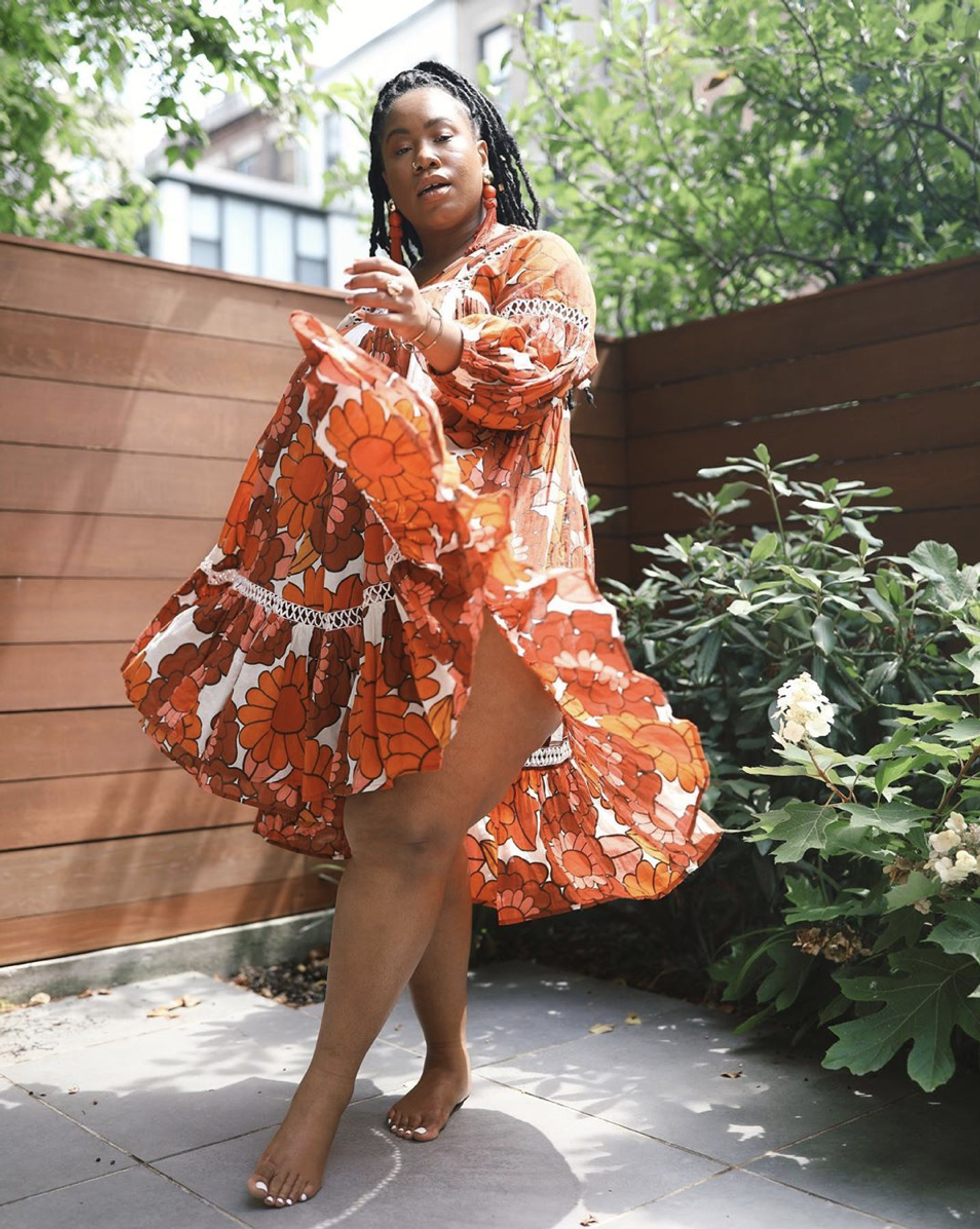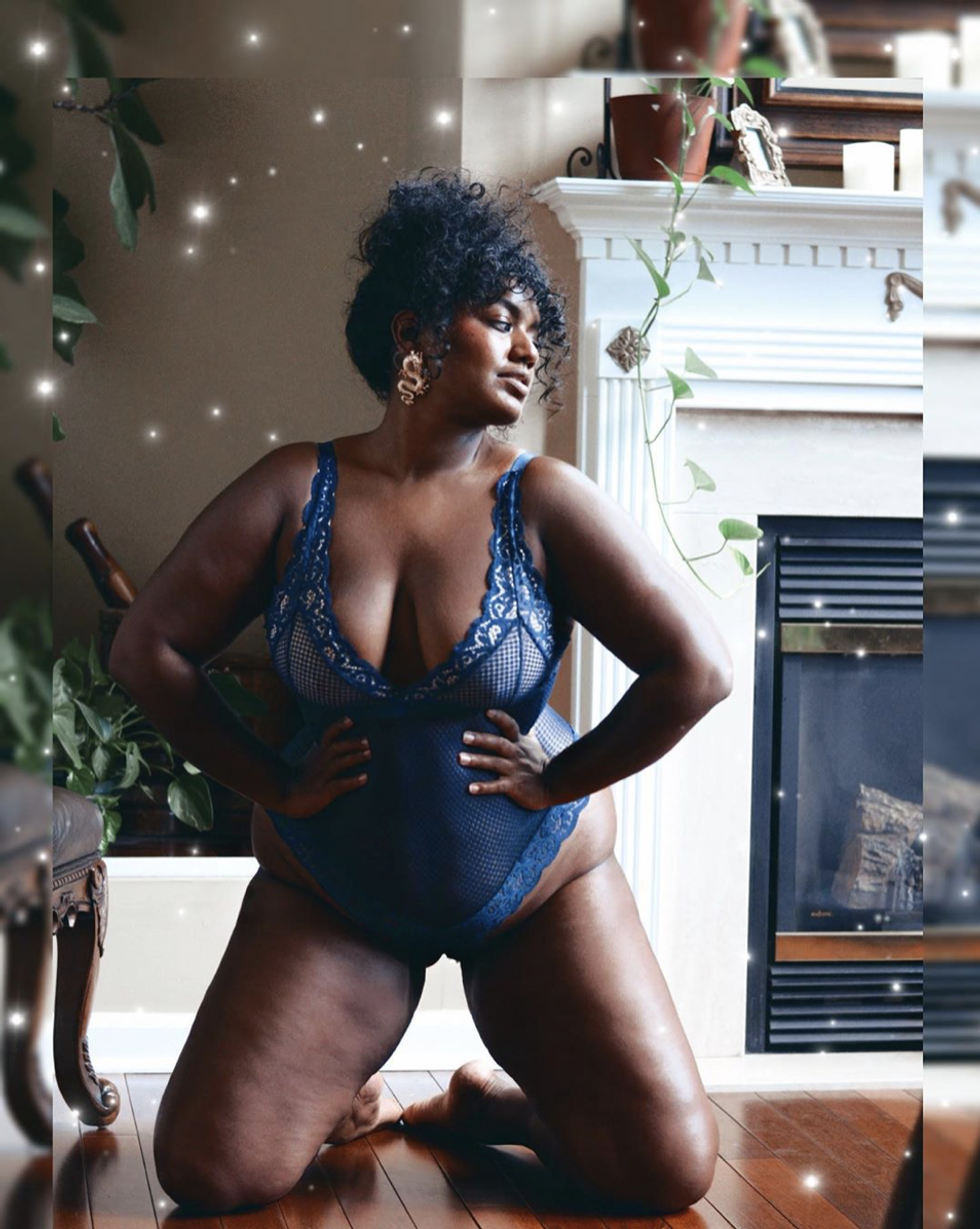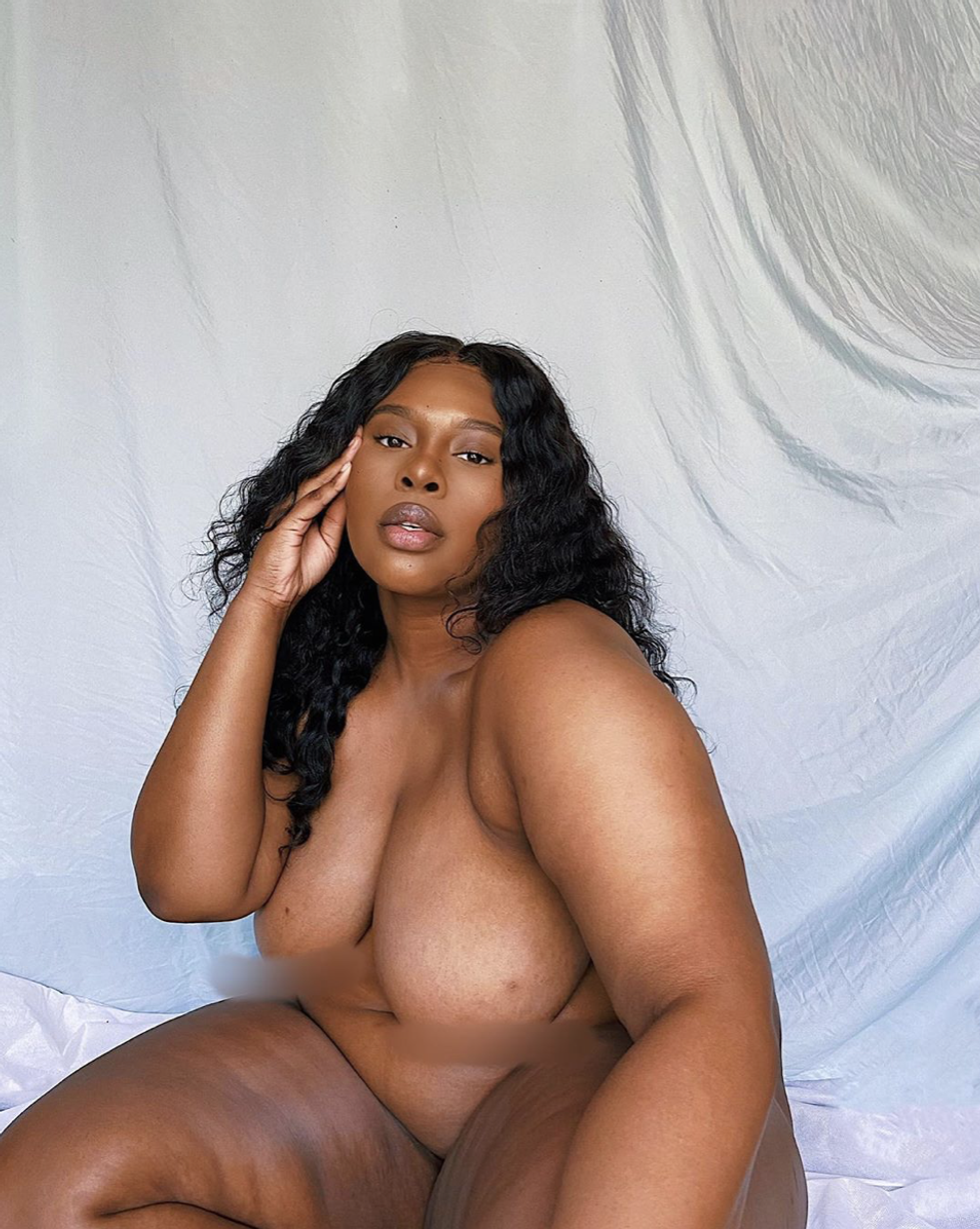Black History Month Spotlight: Remembering Ida B. Wells
Before Rosa Parks, there was Ida. B Wells
When considering American history and the many Americans we have labeled as heroes, our minds often rush to the names we have read about in textbooks since childhood. Normally when asked about American heroes, automatically we think about George Washington, Martin Luther King Jr., John F Kennedy, Henry Ford, and so on.
All of these icons have left a prominent impact on our country in different ways. I admire the work all of these figures have done for America, however, my hero is one that I can connect with on a more personal level. She is not a name mentioned in most elementary textbooks. She is a hidden figure with an inspiring story, a pioneer for not only women but also women of color. Her name is Ida B. Wells.
Ida B. Wells was an esteemed journalist, researcher, and activist in the late 19th century. Born into slavery, her life was not destined for greatness. However, after the Civil War ended, Ida and her family were declared free by the Emancipation Proclamation. But, living in the south during this time was not easy.
Facing racial prejudice and discriminatory practices at every corner of her life, Wells took it upon herself to expose what was really happening in the south during this time. Being a former educator, she took to writing and investigative reporting, displaying the horrors of the frequent lynching and mob violence that took place.
I consider Ida B. Wells a hero of mine because her work shed light on real issues that were happening and uncovered the hard truth. As a budding journalist, I have so much respect for Wells and her courage and strength. Ida refused to leave people in the dark because keeping people from hard-hitting news is bad journalism.
While learning about her in my journalism class last semester, my professor told us Frederick Douglas claimed that if it wasn't for her research, he wouldn't have believed the stigma around white men raping black women. According to The Guardian, "she destroyed the mainstream media's narratives that suggested lynching victims were criminals," and in 1894, the New York Times was very critical of Wells because she broke down stereotypical barriers and influenced the thoughts of many Americans.
What we think about the world today is often skewed by media representation. It is up to us to determine if the information we are receiving is true and accurate. I look up to Ida B. Wells because she asked herself about the possible misconceptions that were happening around her, and sought to fix it. She was a skeptic and refused to give into societal norms.
She taught me that just because I am a woman, and a woman of color does not mean that I have to let society make the rules for me. I have learned that journalism is a sacred mission to make society better. Ida B. Wells not only made society better but more aware and conscious of the media they consume. She is a hero, pioneer, and social icon. For young journalists everywhere, she is a name to remember.



 Glory Skincare
Glory Skincare Glory Skincare
Glory Skincare












 Katelyn Tsai
Katelyn Tsai



















